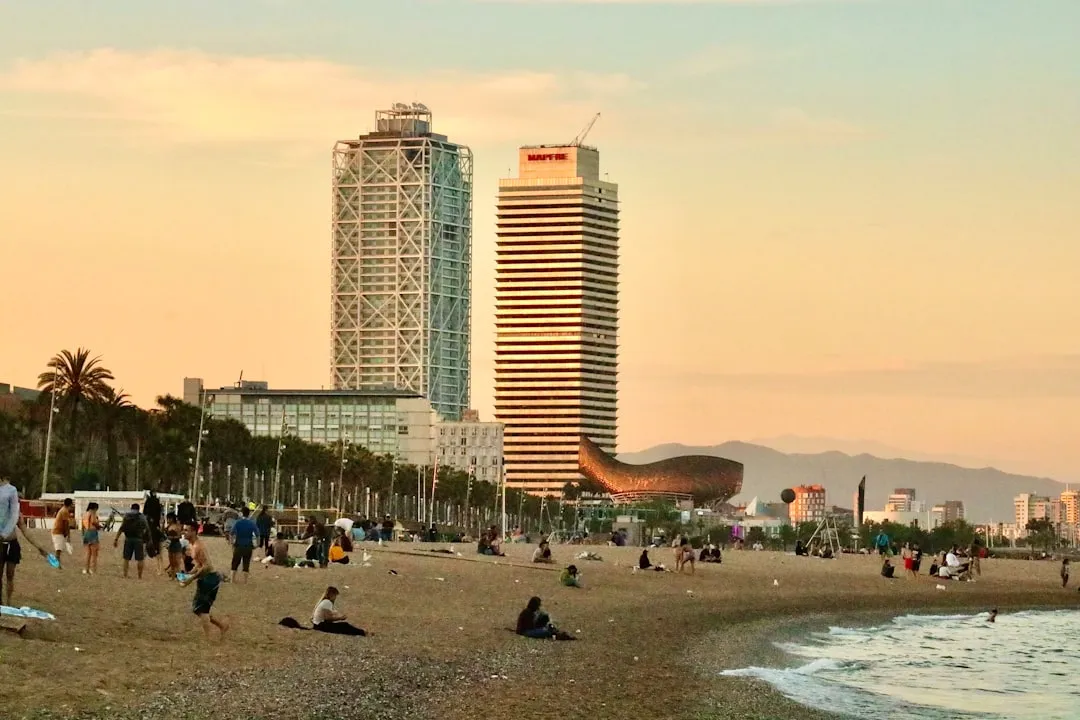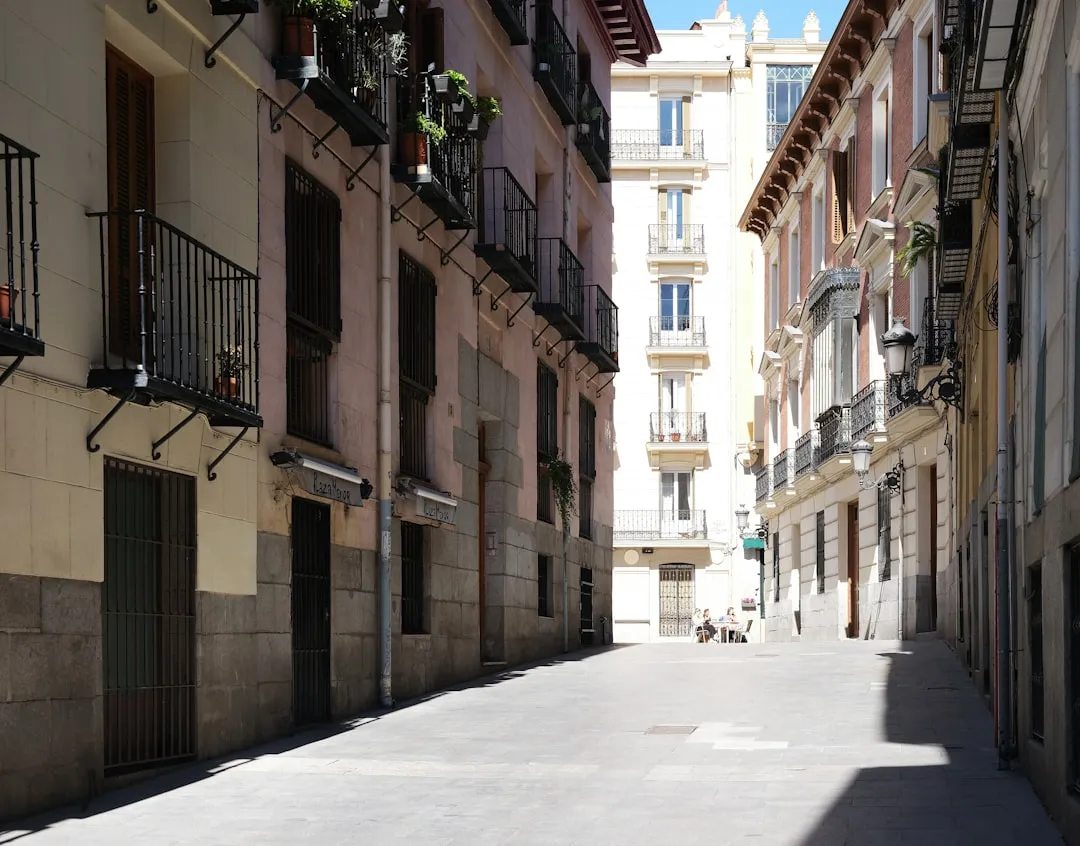Moving to a new country can be both exciting and daunting, especially when navigating the local bureaucracy. Spain, known for its rich culture and stunning landscapes, also has its share of bureaucratic processes that expats need to understand. Having relocated twice to Spain myself, I’m familiar with the process and the details that make a smoother transition. This article will guide you through the essential aspects of Spain’s bureaucracy, from obtaining residency to dealing with healthcare, taxes, and more.
Understanding Residency and Visas
1. Residency Options
One of the first steps for expats is obtaining the correct residency status. Depending on your nationality and the purpose of your stay, you may need to apply for different types of visas:
- Non-Lucrative Visa: Ideal for those wishing to retire or live in Spain without working.
- Work Visa: Required if you plan to work in Spain; this process often involves securing a job offer first.
- Golden Visa: Available for non-EU citizens investing in real estate or creating jobs in Spain.
- Digital Nomad Visa: Allows remote workers to live in Spain while working for non-Spanish companies (increasingly relevant in today’s job market).
It's crucial to familiarize yourself with the specific requirements and processes for each visa type.
2. Obtaining a NIE (Número de Identidad de Extranjero)
Once you have your visa, obtaining a NIE is essential. The NIE is a unique identification number for foreigners in Spain, required for various transactions, such as opening a bank account, signing a rental contract, or starting a business. To obtain a NIE, you’ll need to:
- Fill out the application form (EX-15).
- Provide your passport and a photocopy.
- Book an appointment at a police station or immigration office.
- Pay the corresponding fee.
Navigating the Healthcare System
1. Public Healthcare
Spain has a public healthcare system known for its high quality and efficiency. As an expat, you may be eligible for public healthcare if you are a legal resident and meet certain conditions. To access public healthcare, you need to:
- Register with your local health center (Centro de Salud).
- Provide your NIE, proof of residency, and a Social Security number (if applicable).
2. Private Healthcare
Many expats also opt for private health insurance to avoid waiting times and gain access to private hospitals. When choosing a provider, consider factors like coverage, costs, and the availability of English-speaking doctors.
Taxes and Financial Obligations
1. Understanding Tax Residency
Tax residency in Spain is determined by your physical presence in the country. You are considered a tax resident if you spend more than 183 days in Spain during the calendar year. As a tax resident, you must declare your worldwide income and pay taxes accordingly.
2. Double Taxation Agreements
Spain has treaties with many countries to avoid double taxation. It's advisable to consult a tax professional to understand your obligations and ensure compliance with both Spanish and home country tax laws.
Employment Regulations
1. Work Contracts
If you are employed in Spain, ensure that you have a written contract outlining your rights and responsibilities. Spain has strict labor laws protecting workers, including minimum wage, working hours, and paid leave.
2. Social Security Contributions
When working in Spain, you and your employer must contribute to the Social Security system. This coverage provides access to healthcare, pensions, and other social benefits. Be sure to keep track of your contributions and any necessary paperwork.
Dealing with Local Authorities
1. Appointments and Documentation
When interacting with local authorities, it's important to be organized. Always book appointments in advance, bring necessary documentation (such as your NIE, passport, and any specific forms), and be prepared for potential language barriers. Many officials may not speak English, so having a translator or speaking basic Spanish can be beneficial.
2. Patience is Key
Bureaucracy in Spain can sometimes be slow and frustrating. It’s essential to remain patient and persistent when dealing with official processes. Be prepared for possible delays and follow up on applications when necessary.
Conclusion
Navigating Spain’s bureaucracy may seem overwhelming at first, but understanding the processes and requirements can make your transition smoother. From obtaining residency to dealing with healthcare and taxes, being informed is crucial for a successful expat experience. Embrace the journey, and soon you’ll find yourself enjoying all that Spain has to offer!




